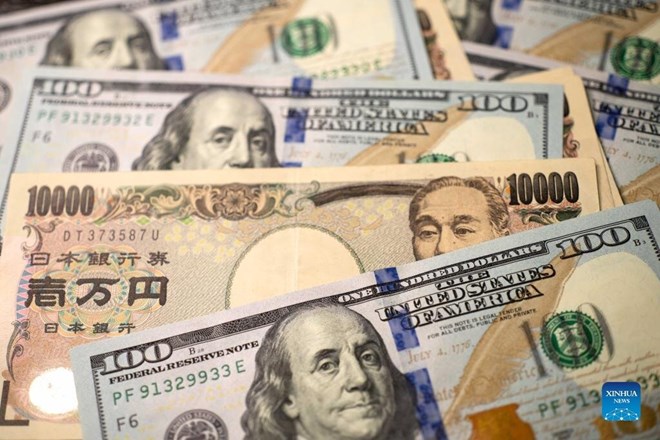
The Yen may face selling pressure early in the week as markets digest news on the Iran-Israel conflict.
The US dollar and the yen are safe-haven currencies. Investors typically prefer the Japanese yen to the US dollar. However, news of an escalation in the conflict could have limited impact on financial markets.
Early in the session, economic indicators from Japan attracted investors' attention. Machinery orders fell 1.8% year-on-year in February after falling 10.9% in January. The better-than-expected numbers could influence interest rate expectations from the Bank of Japan.
Beyond the numbers, markets are advised to keep an eye on the BOJ’s statements. The Bank of Japan’s response to the growing threat of a prolonged conflict in the Middle East could make things difficult.
In the US, NY Empire State Manufacturing and Retail Sales will be in focus. US retail sales figures are likely to have more impact on USD/JPY amid cooling expectations of an early Federal Reserve rate cut.
Economists forecast that US retail sales will increase 0.3% in March from the previous month. In February, retail sales increased 0.6%.
The better-than-expected numbers could further dampen expectations for a Fed rate cut in June. Rising consumer spending trends could boost demand-side inflation. The Fed's "higher for longer" rate path could raise borrowing costs, reducing disposable income. Falling disposable income trends could curb consumer spending, dampening demand-side inflation.
Statements from Federal Open Market Committee (FOMC) members are also worth watching. FOMC member Mary Daly is scheduled to speak amid tensions in the Middle East.
According to the CME FedWatch Tool, the probability of an EDd rate cut in June has decreased from 50.8% to 26.9% over the past week. Recent Fed speeches and US inflation figures have affected interest rate expectations in the world's number one economy.
The short-term direction of USD/JPY depends on the latest news from the Middle East and central bank comments. The search for safe haven assets may overshadow the influence of economic data.
Technically, the Yen is currently above the 50-day and 200-day EMAs, confirming the bullish signal. USD/JPY returning to the April 12 high of 153.384 would support a new high of 154.
Conversely, a drop in USD/JPY below 152.500 could see the Yen ease pressure at 151.685.
The 14-day RSI at 72.50 suggests USD/JPY is in overbought territory.
Source


![[Photo] Prime Minister Pham Minh Chinh commends forces supporting Myanmar in overcoming earthquake consequences](https://vstatic.vietnam.vn/vietnam/resource/IMAGE/2025/4/10/e844656d18bd433f913182fbc2f35ec2)
![[Photo] April Festival in Can Tho City](https://vstatic.vietnam.vn/vietnam/resource/IMAGE/2025/4/10/bf5ae82870e648fabfbcc93a25b481ea)
![[Photo] Opening of the 11th Conference of the 13th Party Central Committee](https://vstatic.vietnam.vn/vietnam/resource/IMAGE/2025/4/10/f9e717b67de343d7b687cb419c0829a2)



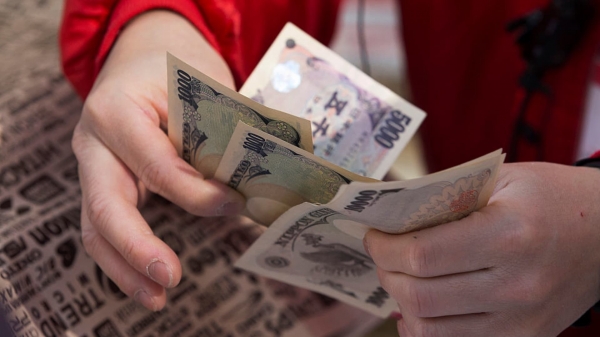

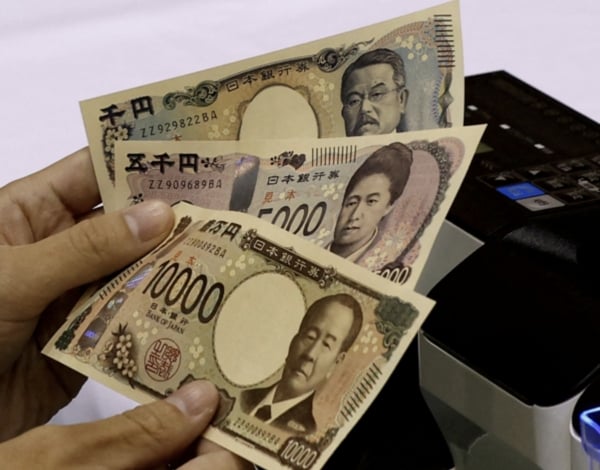

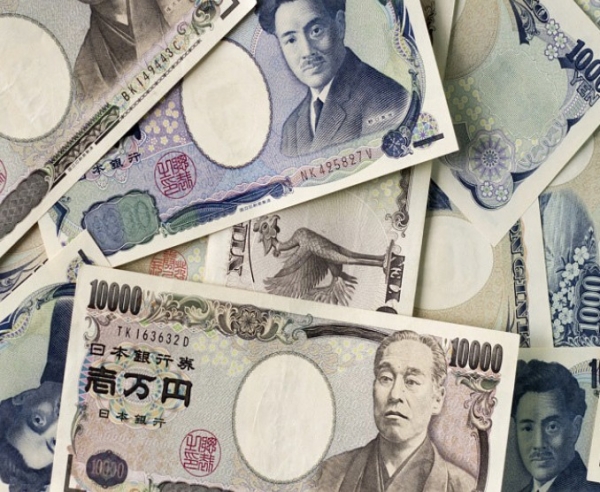
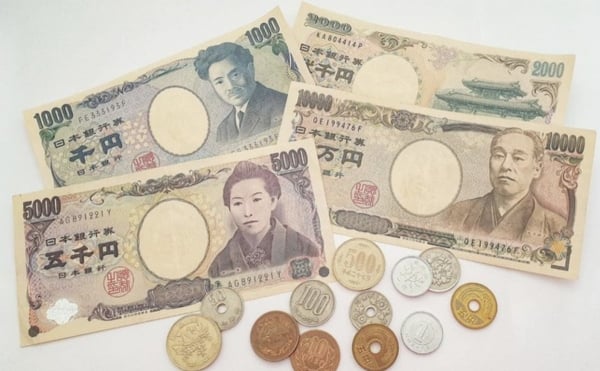

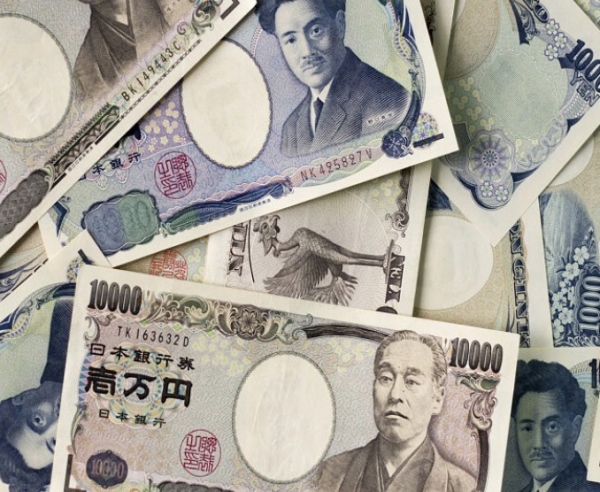
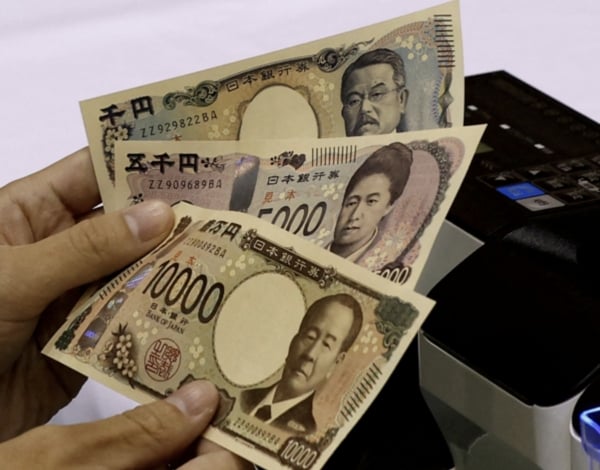

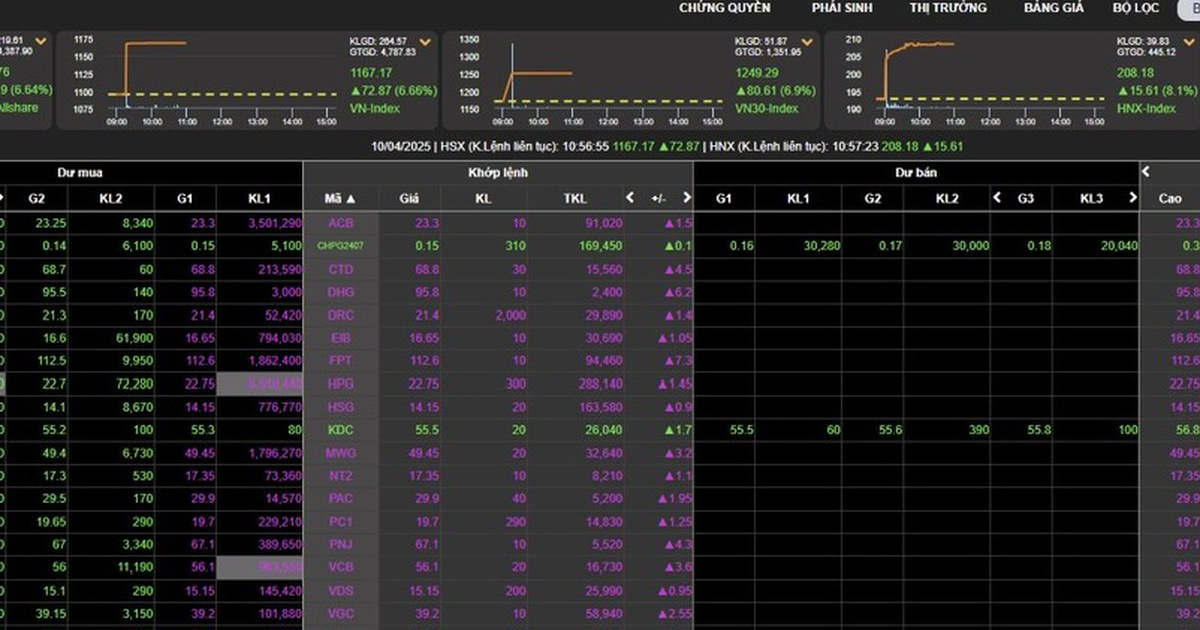













![[Photo] Reliving the heroic memories of the nation in the program "Hanoi - Will and belief in victory"](https://vstatic.vietnam.vn/vietnam/resource/IMAGE/2025/4/10/19ce7bfadf0a4a9d8e892f36f288e221)































































Comment (0)